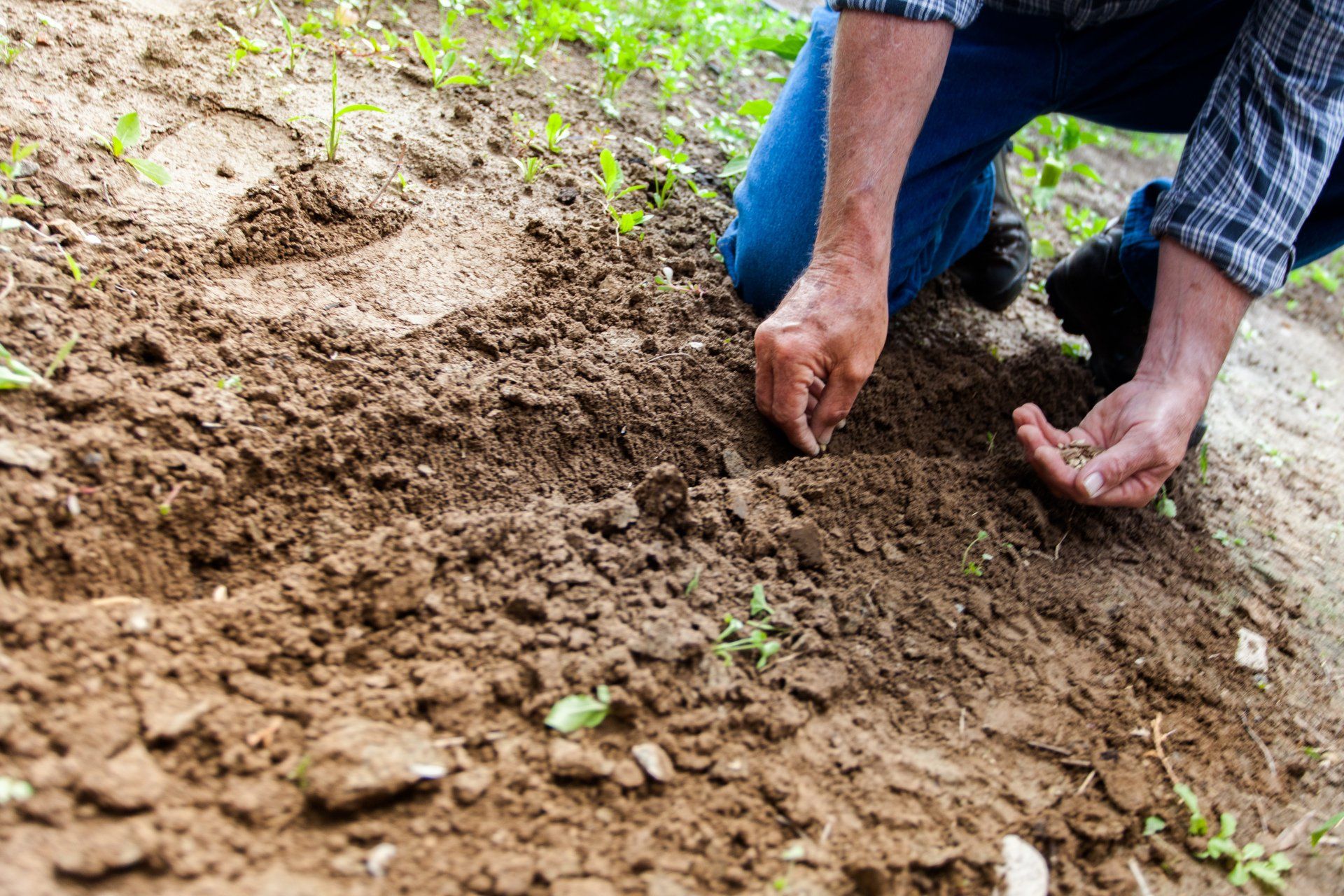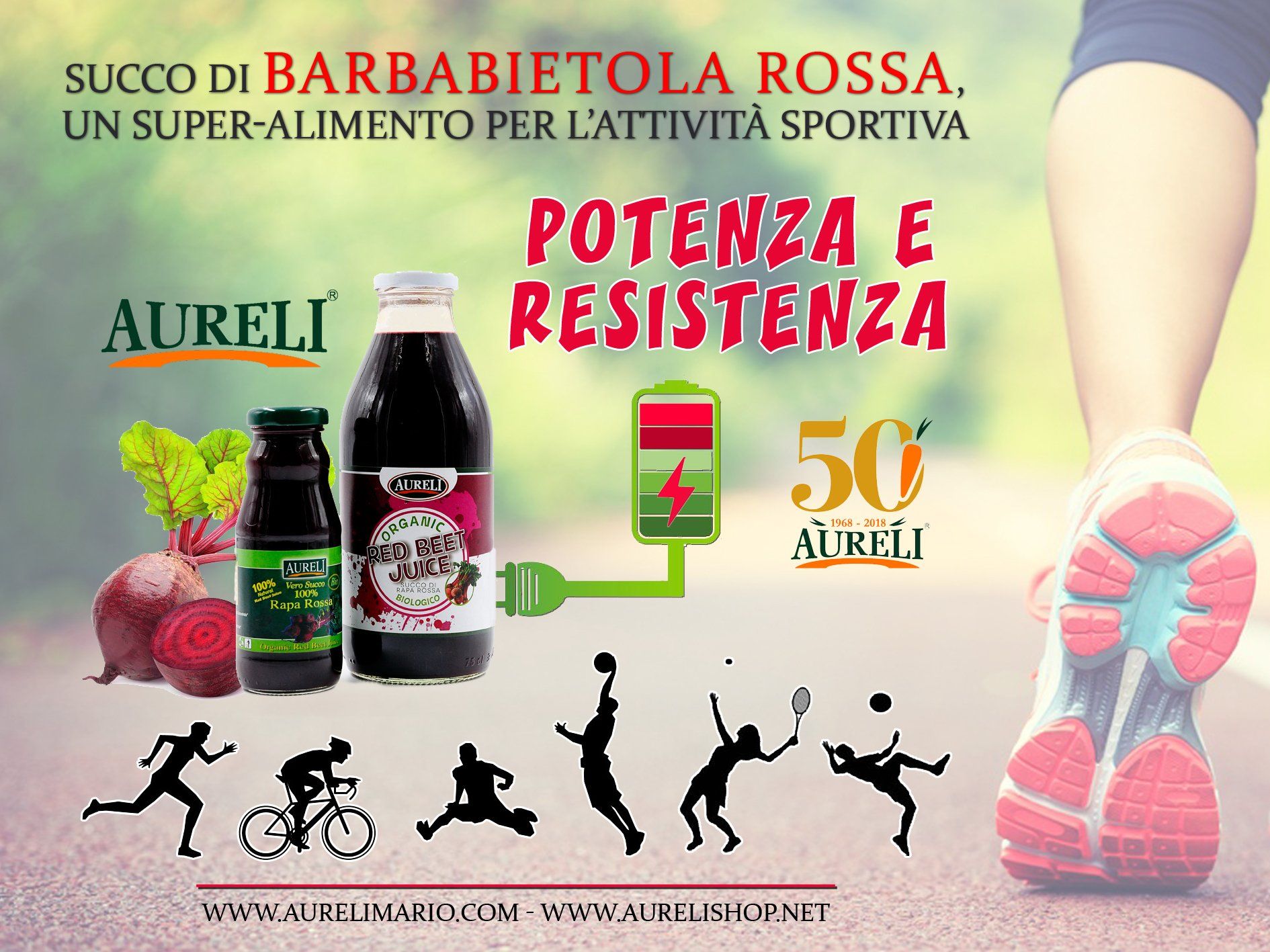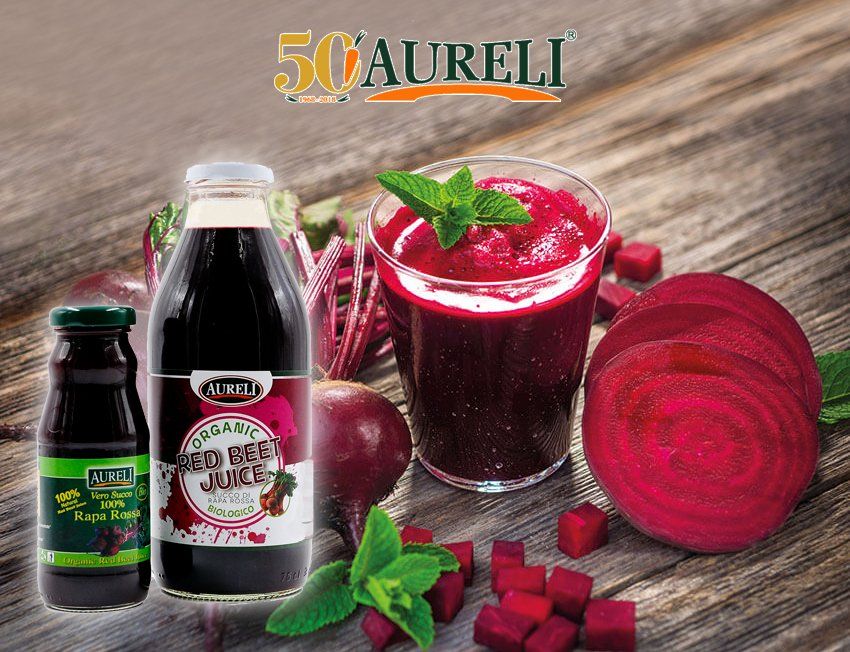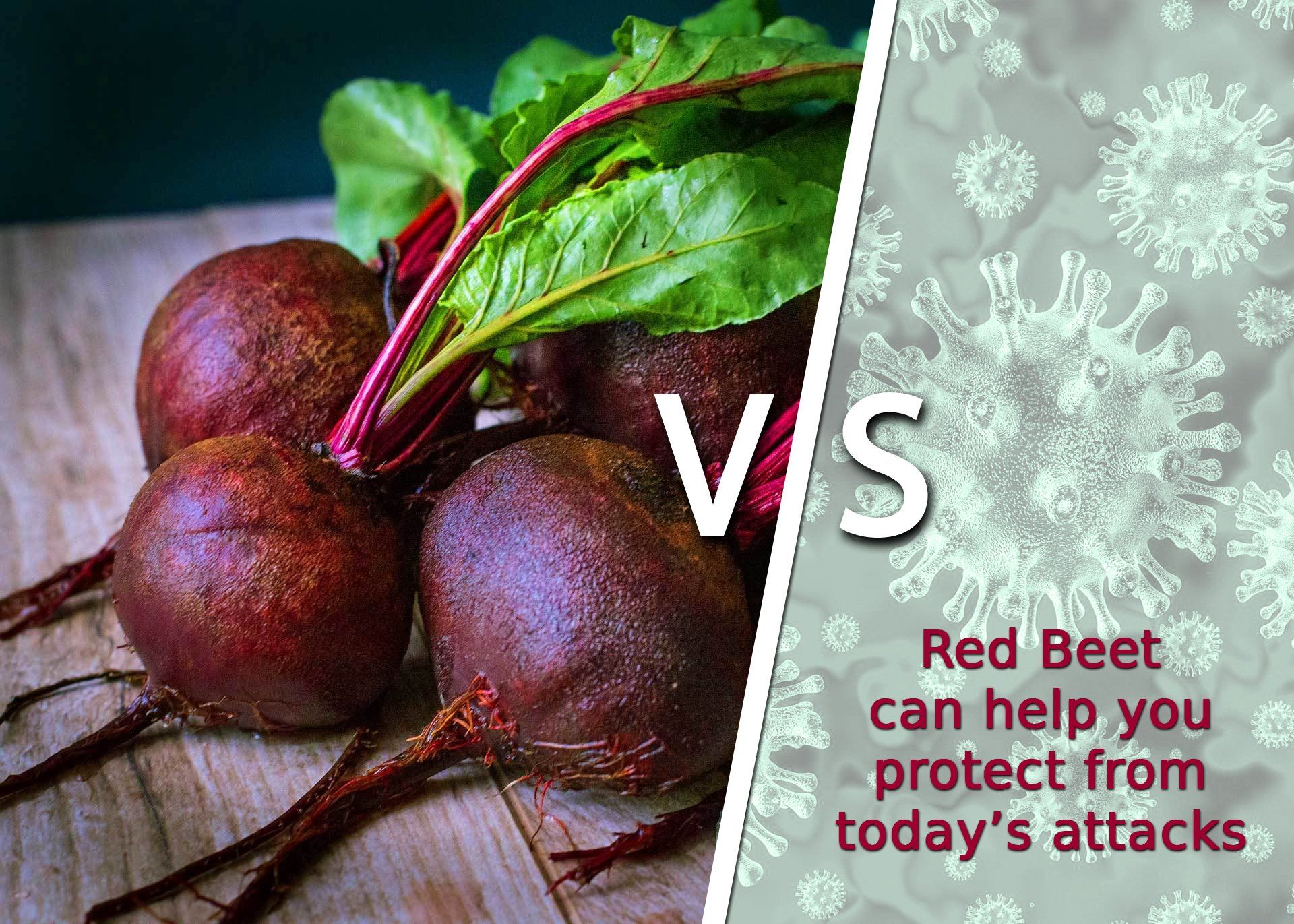Research and Development
Research and Development Department (R&D)
The Research and Development department is directed by Walter Aureli. The team of graduates in Biological Sciences, Mechanical Engineering, Food Technology, Analytical Chemistry and Agronomy is made up of 15 staff units. The industrial and experimental research activity takes place along the entire production chain: from the field to the harvest, to packaging and conservation; from the development of new agronomic practices and identification of new biological matrices to improve the resistance of plants to pathogenic and weed aggression to quality improvement; from the development of new technologies to optimize the transformation processes of raw materials for the production of juices, purées and dehydrated for food application, to the enhancement of processing by-products; from the concept of new products for a diet aimed at the most specific nutritional requirements for baby food, the elderly and sportsmen, to the application of analytical technologies for the complete definition of the nutrients of fresh and processed products. In this context, the R&D department pays particular attention to the circular economy activity for the reuse of processing by-products for the production of electrical and thermal energy through the biotechnological production of biogas, with the aim of achieving the maximum energy sustenance of the Company with lower CO2 emission in line according to European Community recommendations. The Research and Development Department (R&D) of the Aureli Company cooperates with several Italian Universities. Since 2013 Aureli has an agreement with the Department of Environmental Biology, Department of Chemistry and the Department of Biology and Biotechnology C. Darwin of the University of Rome "La Sapienza”.









